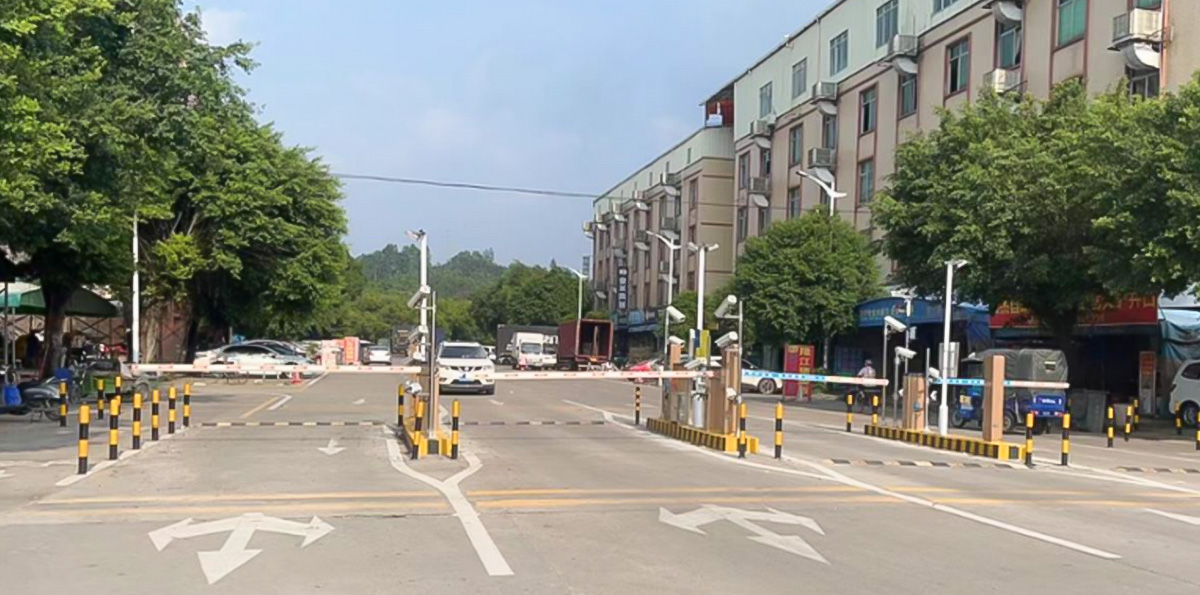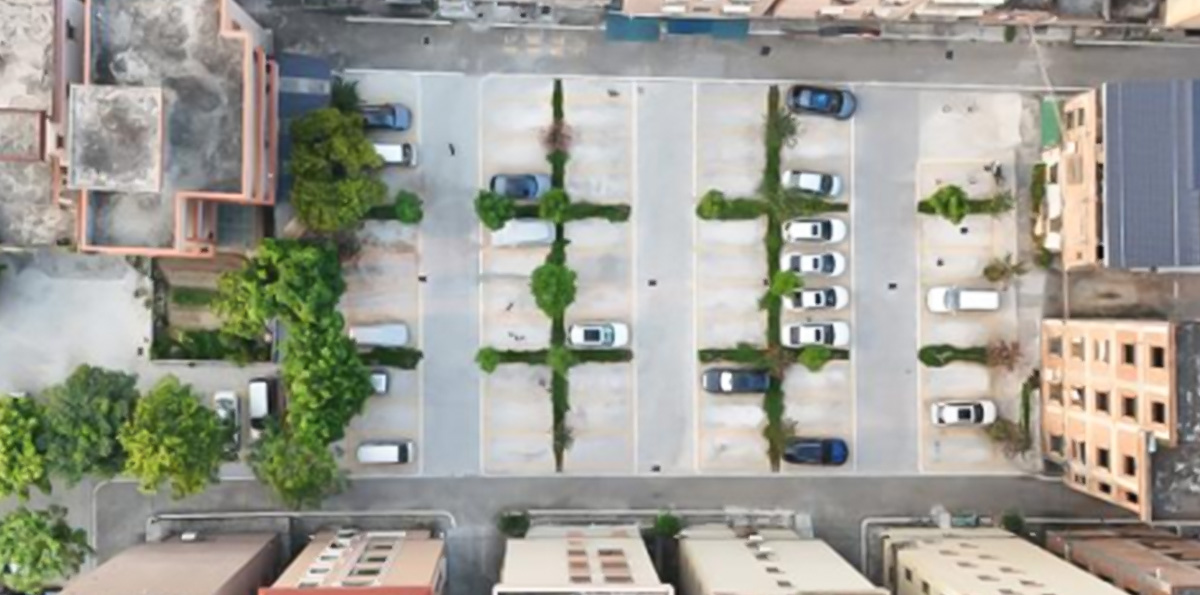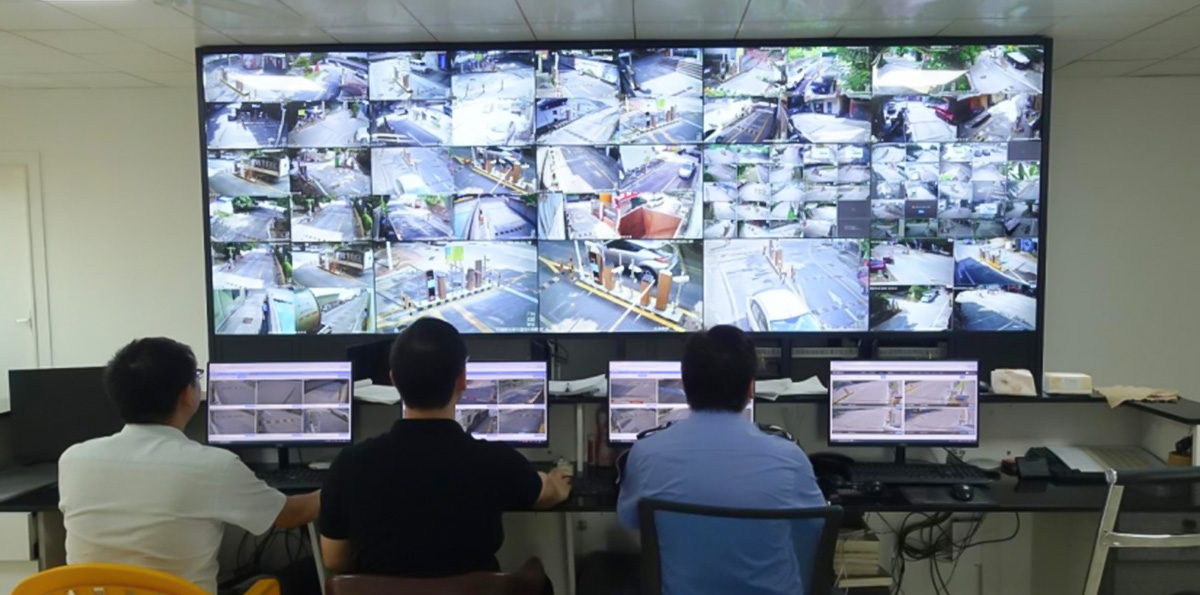About us
Leading in Smart Parking & Access Control
The rapid development of cities has led to the rise of diverse urban structures, with urban villages being one of them. As times change, urban villages are undergoing modular and planned transformations. In these urban village renovations, the issue of “difficult parking” has become a key concern that significantly affects residents' quality of life, making it a focus for redevelopment. For a long time, parking in urban villages has faced numerous challenges: densely populated areas, frequent traffic congestion, insufficient parking spaces, and chaotic vehicle parking, all of which lead to security, environmental, and fire safety concerns. Despite substantial efforts from village committees to manage these issues, the results have been less than satisfactory.
In the Huadu District of Guangzhou, 16 villages—including Fenghuang Village, Dahua Village, and Kuangjiazhuang Village—had long struggled with the issue of "difficult and chaotic parking." Addressing this challenge, JIESHUN leveraged its extensive project experience to propose a comprehensive solution. By implementing a cloud-based management model for parking lots, JIESHUN provided a smart upgrade to the parking facilities, and through a self-built customer service management center, the entrances and exits of all 16 villages (totaling 364) were automated and managed via cloud hosting. This solution not only successfully solved the parking problem but also injected new vitality into the governance and development of these urban villages.

Reconstructing Parking Space to Maximize Resource Utilization and Increase Revenue
Due to historical planning issues, urban villages face both significant parking difficulties and a surplus of unused land. This results in wasted resources. To solve the parking problem, the first step is to focus on increasing the supply of parking spaces.
In response, the relevant management authorities decided to redesign existing parking spaces and unused land. JIESHUN's engineers, after conducting detailed research and collaborating with local authorities, helped to reallocate idle land by drawing new road markings and parking spaces, effectively increasing the number of available parking spots. Simultaneously, they introduced designated parking routes in village roads to guide drivers and improve parking order.
This initiative not only met the residents’ parking needs but also created additional spaces for tenants and non-resident vehicles, thus increasing parking revenues.

Cloud-Based Management Boosts Parking Experience and Management Efficiency
After the redesign and expansion of parking spaces, managing the increased capacity still required significant resources. To address these challenges, the management authorities worked with JIESHUN to tailor an intelligent cloud-hosted self-service management solution for the 16 villages. This new system created an efficient, digitalized, and detailed management operation for the parking lots.
• Multiple Measures to Improve Entrance and Exit Efficiency
The 16 villages, with a total of 364 entrances and exits, were equipped with state-of-the-art parking equipment, replacing outdated systems prone to frequent malfunctions. Each entry and exit point now features high-precision license plate recognition, automatic gate opening, and free access for registered vehicles. For unregistered vehicles, a QR code scanning system was introduced for smooth entry and exit. Temporary parking spaces are now automatically charged upon recognition, with multiple convenient payment options such as scan-to-pay, online payments, and contactless payments. These measures significantly improved traffic flow, eliminated congestion, and earned widespread praise for the new experience.
• Centralized Control through Local Cloud Service Center
To enhance operational efficiency and ensure high-quality localized service, the management authorities opted to set up a local cloud service center that integrates gate barrier management. The cloud-based management platform acts as a “smart brain,” monitoring the status of the 364 entrances and exits in real-time. In case of issues such as power failure, network disruption, or gate malfunctions, cloud-based customer service staff can respond quickly, remotely diagnose, and resolve the problem, ensuring smooth access to the parking lot. This approach not only reduced complaints from vehicle owners but also significantly improved the management efficiency of parking lot staff.
• Automated Management and Smart Reconciliation
The management platform allows for the unified monitoring of all data related to the parking lot. It automatically generates reports and reconciles accounts, reducing the need for manual intervention. This not only boosts efficiency but also eliminates the risk of revenue leakage, resulting in substantial operational cost savings.

Technology Enhances Quality of Life: Smart Parking Improves Public Services
As a vital aspect of urban village renovation, addressing outdated equipment, optimizing services, and implementing smart solutions is crucial. By starting with the intelligent transformation of parking lots, these 16 urban villages are improving residents’ lives by enhancing the overall quality of public services.
This transformation has led to a significant improvement in parking services, resource utilization, and management efficiency. It has also helped residents overcome the challenges of parking difficulties, providing them with smarter and more convenient parking solutions. This initiative showcases the power of technology in improving the quality of life and demonstrates how smart solutions can foster better community development.
When smart parking systems become part of the "new infrastructure" in urban villages, the results extend beyond smoother traffic flow and improved village environments. This shift represents a profound transformation in grassroots governance, from labor-intensive management to intelligent, efficient operation. Thanks to JIESHUN’s “AI + Parking” solution, these 16 villages in Guangzhou are embracing digital innovation, setting a new benchmark for smart urban village transformation.